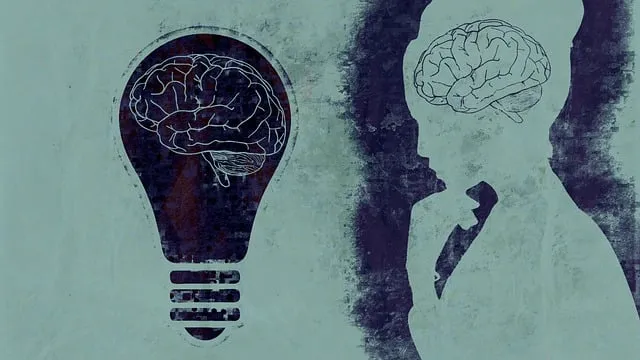Boulder Kaiser Permanente psychiatry reviews highlight effective social skills training for mental health patients, focusing on communication, emotional regulation, and relationship building. Structured programs target anxiety, depression, and phobias, using role-playing and group discussions to teach stress management tailored to diverse backgrounds and mental health needs. This holistic approach emphasizes the role of social skills in enhancing patient well-being and recovery, especially for trauma survivors.
Social skills training is a powerful tool for managing mental health conditions, offering individuals a chance to thrive in social settings. This article delves into the world of social skills development, focusing on its benefits for mental well-being. We explore how Boulder Kaiser Permanente psychiatry reviews highlight effective strategies to enhance communication and interaction. By understanding these training methods, individuals can navigate social situations with confidence, leading to improved relationships and overall mental health.
- Understanding Social Skills Training for Mental Health
- The Role of Psychiatry in Social Skills Development
- Effective Strategies Reviewed by Boulder Kaiser Permanente
Understanding Social Skills Training for Mental Health

Social Skills Training for Mental Health is a specialized form of therapy designed to help individuals navigate and improve their interactions with others. This type of training is particularly beneficial for those managing conditions like anxiety, depression, or social phobias, as it equips them with the necessary tools to build healthy relationships and enhance their overall well-being. At Boulder Kaiser Permanente psychiatry clinics, reviews highlight the positive impact of these programs on patient lives.
The process often involves a structured curriculum focusing on communication techniques, emotional regulation, and understanding social cues. It aims to foster better self-awareness, empathy towards others, and confidence in social settings. Through role-playing exercises, group discussions, and interactive workshops, participants learn effective stress management strategies tailored to their specific mental health needs. Moreover, Healthcare Provider Cultural Competency Training plays a crucial role in ensuring that the support offered is sensitive to diverse backgrounds and experiences, promoting inclusivity within mental healthcare services.
The Role of Psychiatry in Social Skills Development

In the context of mental health conditions, psychiatry plays a pivotal role in facilitating social skills development. Boulder Kaiser Permanente psychiatry reviews consistently highlight the importance of addressing social impairments alongside symptom management. Psychiatrists are not just prescribers; they are mental health experts who integrate evidence-based practices to enhance patients’ ability to navigate social interactions. By incorporating techniques like self-awareness exercises and trauma support services, these professionals help individuals build confidence, improve their self-esteem, and develop essential social skills that contribute to a better quality of life.
The process involves tailored interventions aimed at fostering healthier relationships, improving communication, and managing anxiety in social settings. Through regular therapy sessions and collaborative care models, psychiatrists empower patients with coping strategies that enable them to engage more effectively in their communities. This holistic approach, grounded in the expertise available at Boulder Kaiser Permanente, ensures that mental health care is comprehensive, addressing not just symptoms but also the social fabric that significantly impacts overall well-being.
Effective Strategies Reviewed by Boulder Kaiser Permanente

Boulder Kaiser Permanente, renowned for its psychiatry services, has reviewed and highlighted several effective strategies for social skills training in mental health conditions. These strategies, backed by expert opinions, aim to enhance communication and interpersonal interactions, crucial aspects often overlooked in mental health care. The review emphasizes structured programs that teach specific social skills tailored to individual needs, focusing on areas like assertiveness, emotional regulation, and group dynamics.
Such training, according to Boulder Kaiser Permanente psychiatry reviews, plays a pivotal role in improving patients’ quality of life and recovery outcomes. By integrating these strategies into treatment plans, mental health professionals can better support individuals, especially those with traumatic experiences, fostering a sense of community and boosting Mental Health Awareness. Public Awareness Campaigns Development can further benefit from such initiatives, highlighting the importance of social connections in healing processes.
Social skills training plays a pivotal role in managing mental health conditions, as evidenced by the comprehensive programs offered by institutions like Boulder Kaiser Permanente. By integrating evidence-based strategies, these initiatives empower individuals with effective tools to navigate social interactions, fostering better mental well-being. The psychiatry reviews highlight the success of such approaches, underscoring their potential to revolutionize support for those facing mental health challenges.






